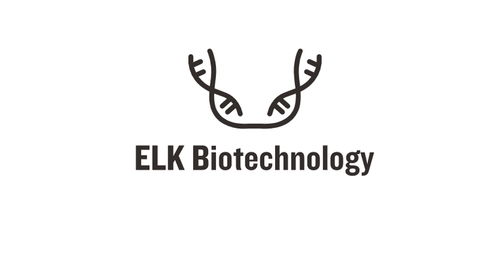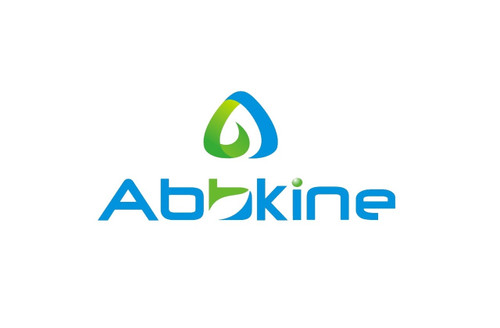Product Description
Mouse Nodal homolog (NODAL) ELISA Kit | AE58203MO | Abebio
Species Reactivity: Mouse (Mus musculus)
Abbreviation: NODAL
Alternative Name: MGC138230; nodal
Application: ELISA
Range: 15.6-1000 pg/mL
Sensitivity: 6.1 pg/mL
Intra-Assay: ≤5.6%
Inter-Assay: ≤10.6%
Recovery: 1, 02
Sample Type: Serum, Plasma, Other biological fluids
Detection Method: Sandwich
Analysis Method : Quantitive
Test Principale: This assay employs a two-site sandwich ELISA to quantitate NODAL in samples. An antibody specific for NODAL has been pre-coated onto a microplate. Standards and samples are pipetted into the wells and anyNODAL present is bound by the immobilized antibody. After removing any unbound substances, a biotin-conjugated antibody specific for NODAL is added to the wells. After washing, Streptavidin conjugated Horseradish Peroxidase (HRP) is added to the wells. Following a wash to remove any unbound avidin-enzyme reagent, a substrate solution is added to the wells and color develops in proportion to the amount of NODAL bound in the initial step. The color development is stopped and the intensity of the color is measured.
Product Overview: Nodal is a protein that in humans is encoded by the NODAL gene. It is a member of the TGF beta superfamily. Like many other members of this superfamily, it is involved in cell differentiation. Studies of the mouse counterpart suggested that this gene may be essential for mesoderm formation and subsequent organization of left-right axial structures in early embryonic development. The left-right asymmetry in the body of vertebrates is established by a process that uses the Nodal and Lefty proteins; Nodal is expressed in the left side of the organism in early development. An ortholog of Nodal was recently found in snails and was shown to be involved in left-right asymmetry as well.
Stability: The stability of ELISA kit is determined by the loss rate of activity. The loss rate of this kit is less than 5% within the expiration date under appropriate storage condition. The loss rate was determined by accelerated thermal degradation test. Keep the kit at 37°C for 4 and 7 days, and compare O.D.values of the kit kept at 37°C with that of at recommended temperature. (referring from China Biological Products Standard, which was calculated by the Arrhenius equation. For ELISA kit, 4 days storage at 37°C can be considered as 6 months at 2 - 8°C, which means 7 days at 37°C equaling 12 months at 2 - 8°C) .
 Euro
Euro
 USD
USD
 British Pound
British Pound
 NULL
NULL








